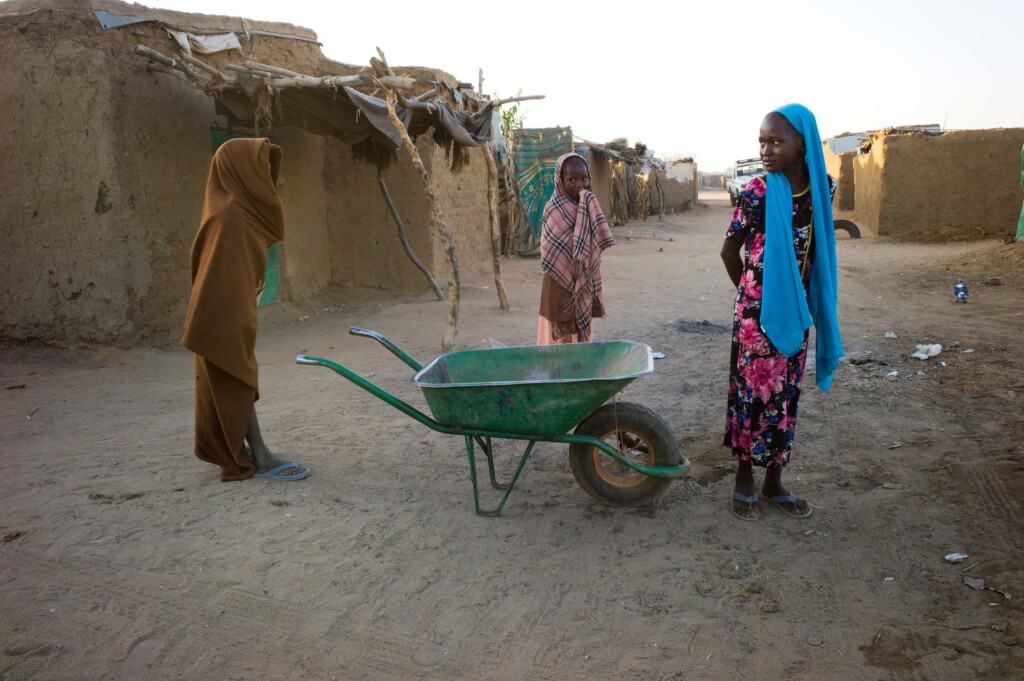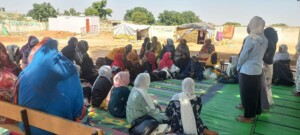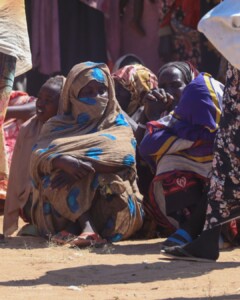UN World Population Day 2025: ‘Sudan’s youth struggle amid war and famine’

230130 EL FASHER Children in Abu Shouk camp for the displaced in El Fasher, North Darfur. Many have grown up in camps after millions were forced to flee their homes during the civil war (File photo/ Albert González Farran)
As the world marks United Nations Population Fund (UNFPA) World Population Day, Sudan is grappling with a deepening humanitarian catastrophe. Over 26 million people urgently need aid as famine, mass displacement, and the collapse of health services threaten lives across the country.
UNFPA’s World Population Day 2025 spotlights the largest-ever generation of young people, under the theme “Empowering young people to create the families they want in a fair and hopeful world.” Yet in Sudan, where millions of children and youth face displacement, hunger, and the collapse of education and healthcare, this vision remains distant.
As UN Secretary-General António Guterres urged: “Let us stand with young people and build a future where every person can shape their destiny in a world that is fair, peaceful and full of hope.”
In February, the UN launched a $6 billion response plan for Sudan and neighbouring host countries. It warned that 4.8 million people face acute food insecurity, 1.8 million risk losing food assistance, and two-thirds of displaced children may miss out on primary education.
Displacement lies at the core of Sudan’s crisis. Since the outbreak of war in April 2023, over 12.3 million people have fled their homes, nearly a third of them across borders.
Nearly one million have sought refuge in Chad, including more than 720,000 Sudanese. Aid agencies say 90 per cent of those displaced are women and children, many of whom have suffered rape, torture, and sexual slavery.
Humanitarian operations continue to collapse under the strain. Médecins Sans Frontières (MSF) suspended all activities in Zamzam camp, home to nearly half a million people, in February.
Eleven patients died during the evacuation, including five children, as teams were forced to abandon those in need of emergency surgery. “Many people… are trapped in Zamzam,” said MSF’s Sudan country director Yahya Kalilah.
Sudan’s health system is in free fall. Radio Dabanga sources report that 72 per cent of facilities in Khartoum are no longer functional. Water, sanitation, vaccinations, and maternal care are in disarray, and violence in Darfur has blocked aid deliveries.
Admissions for severe acute malnutrition soared by nearly 44 per cent in 2024, reaching a record 431,015 children.
As global attention turns to population rights and healthcare, Sudan stands as a grim warning. Humanitarian agencies are urging immediate international action to prevent further preventable deaths and long-term devastation.











 and then
and then